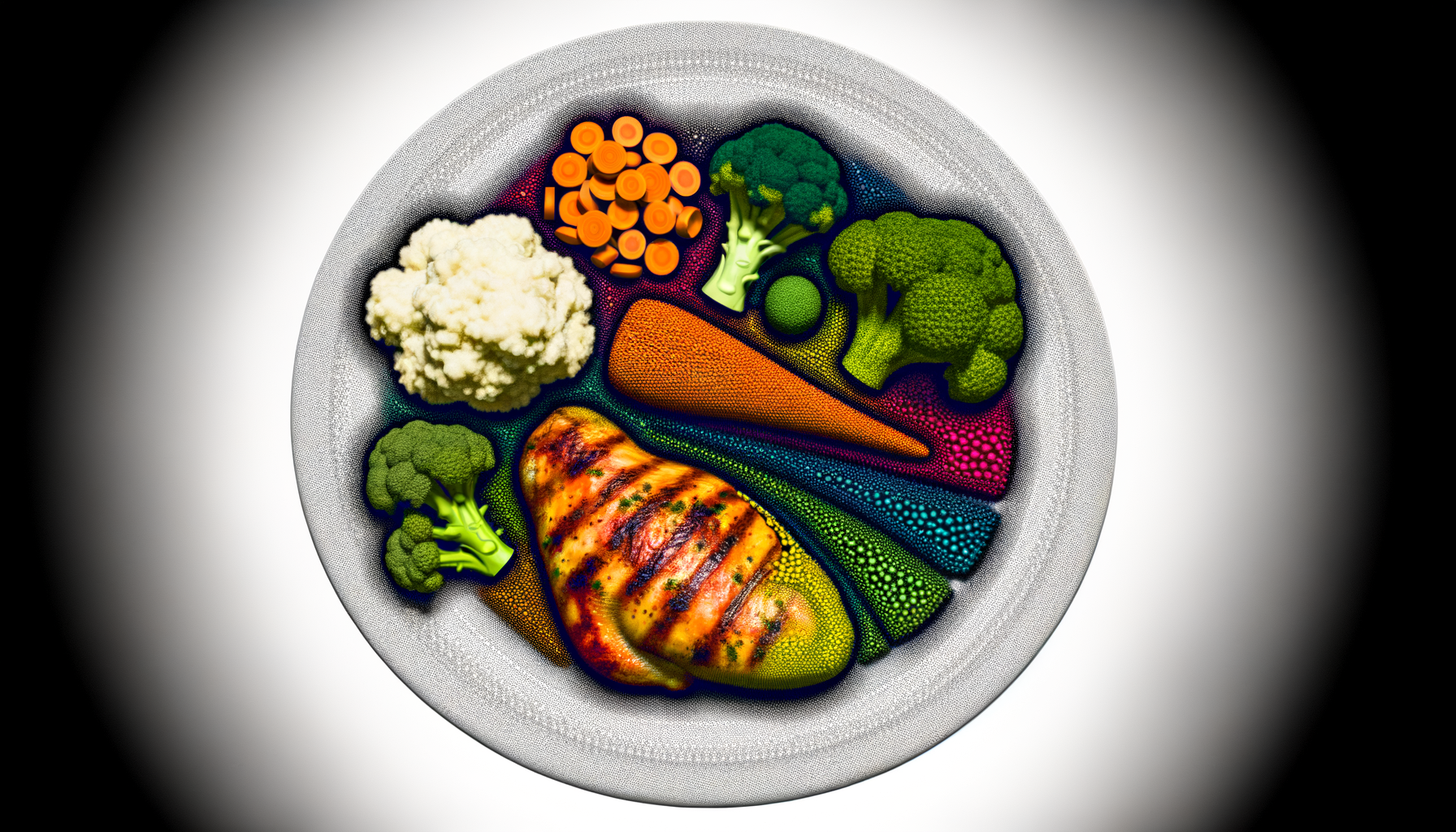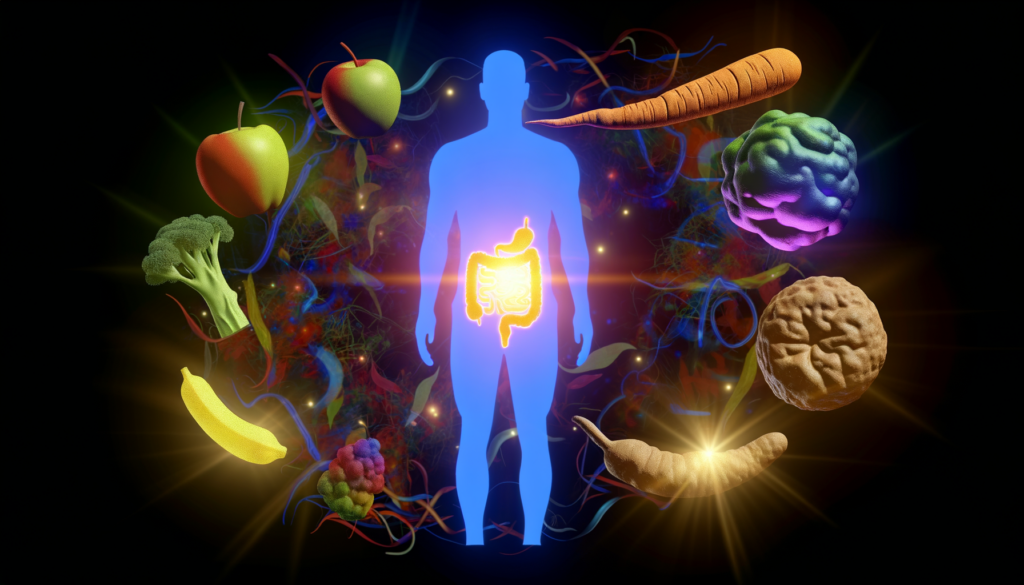Understanding the Balance Between Calorie Quality and Quantity
When it comes to nutrition, the debate over whether calorie quality or quantity is more important has been ongoing. While both aspects are crucial for a healthy lifestyle, it’s essential to understand how they interplay and impact our overall well-being. In this article, we will delve into the significance of both calorie quality and quantity, providing actionable insights and real-world examples to help you make informed decisions about your diet.
The Role of Calorie Quantity in Weight Management
Calorie quantity is directly linked to weight management. Consuming more calories than your body needs leads to weight gain, while consuming fewer calories results in weight loss. This principle is straightforward: if you are in a caloric surplus, you gain weight; if you are in a caloric deficit, you lose weight; and if you consume the exact amount your body needs, you maintain your weight.
For example, if you aim to lose weight, reducing your daily calorie intake by 600 calories is a common recommendation, as suggested by the NHS. However, individual factors such as metabolism, age, genetics, and body composition can significantly affect your daily calorie requirements. Tools like the Calorie Calculator Cloud can help you determine your specific calorie needs based on these factors.
The Importance of Calorie Quality
While quantity is crucial for weight management, the quality of the calories you consume is equally important for overall health and well-being. High-quality foods are minimally processed, rich in nutrients, and close to their natural state. These foods include whole grains, lean proteins, fruits, and vegetables, which provide essential vitamins, minerals, and fiber.
On the other hand, low-quality foods, often referred to as “empty calories,” are high in added sugars, fats, and refined carbohydrates but low in nutritional value. Examples include desserts, candy, soda, and processed snacks. These foods can lead to weight gain and increase the risk of chronic diseases such as heart disease, high blood pressure, and cancer, even if you maintain a healthy weight.
Real-World Examples and Case Studies
A simple example illustrates the difference between calorie quality and quantity: a medium-sized banana and four squares of Cadbury’s Dairy Milk both contain around 100 calories. However, the banana offers far more vitamins, minerals, and fiber compared to the chocolate, which is high in sugar and fat. This highlights that staying within your daily calorie allowance does not guarantee a healthy diet if the quality of the calories is poor.
A study by the Harvard School of Public Health found that consuming high-quality foods such as vegetables, whole grains, fruits, nuts, and yogurt was associated with weight loss, while foods like potato chips, potatoes, sugar-sweetened beverages, and processed meats were linked to weight gain. This research underscores the importance of focusing on nutrient-dense foods to achieve and maintain a healthy weight.
Strategies for Balancing Calorie Quality and Quantity
To balance both calorie quality and quantity, consider the following strategies:
-
Use a food budget analogy: Allocate your daily calories like a financial budget, ensuring you prioritize nutrient-dense foods first and then allow for occasional treats.
-
Check food labels: Tools like the NHS Food Scanner app can help you monitor the calorie and nutrient content of your food, enabling you to make informed choices.
-
Eat in moderation: Enjoy high-quality foods in appropriate portions. For instance, if you prefer whole grains, lean proteins, and vegetables, ensure you consume them in quantities that align with your calorie needs.
-
Make healthy substitutions: Replace unhealthy foods with healthier alternatives. For example, choose a frozen yogurt bar made from nonfat Greek yogurt instead of ice cream.
Conclusion and Next Steps
In conclusion, both calorie quality and quantity are vital components of a healthy diet. While controlling the quantity of calories is essential for weight management, focusing on the quality of those calories ensures you receive the necessary nutrients for optimal health and well-being. By balancing these two aspects, you can improve your long-term health and achieve a healthier, happier lifestyle.
If you’re looking to optimize your nutrition plan, consider using tools like the Calorie Calculator Cloud to determine your specific calorie needs. Additionally, explore other resources on our website, such as our Calorie Calculator Plans, to find the best fit for your health and fitness goals.
Remember, a balanced diet that considers both calorie quality and quantity is key to achieving and maintaining optimal health. Start making informed choices today to enhance your overall well-being.








